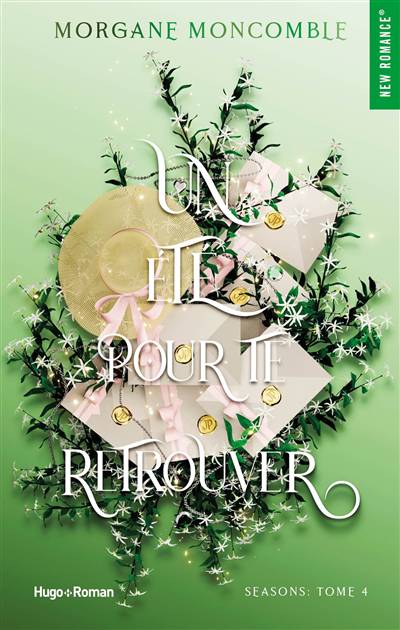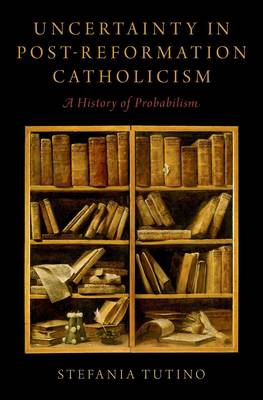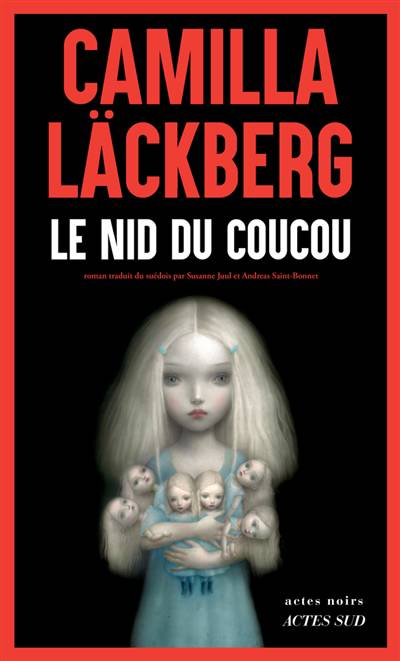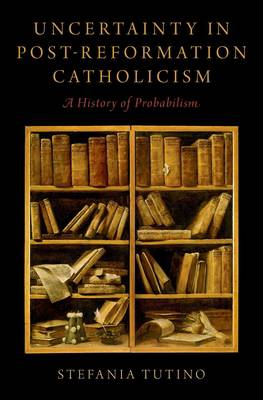
- Retrait gratuit dans votre magasin Club
- 7.000.000 titres dans notre catalogue
- Payer en toute sécurité
- Toujours un magasin près de chez vous
- Retrait gratuit dans votre magasin Club
- 7.000.000 titres dans notre catalogue
- Payer en toute sécurité
- Toujours un magasin près de chez vous
Uncertainty in Post-Reformation Catholicism
A History of Probabilism
Stefania Tutino
Livre relié | Anglais
201,45 €
+ 402 points
Description
Uncertainty in Post-Reformation Catholicism provides a historical account of early modern probabilism and its theological, intellectual, and cultural implications. First developed in the second half of the sixteenth century, probabilism represented a significant and controversial novelty in Catholic moral theology. By the second half of the seventeenth century, probabilism became and has since been associated with moral, intellectual, and cultural decadence. Stefania Tutino challenges this understanding and claims that probabilism played a central role in addressing the challenges that geographical and cultural expansions posed to traditional Catholic theology. Tutino argues that early modern theologians used probabilism to integrate major changes within the post-Reformation Catholic theological and intellectual system. Probabilist theologians realized that their time was characterized by many changes that traditional theology was not equipped to deal with, which consequently provoked an exponential growth of uncertainties, doubts, and dilemmas of conscience. Probabilism represented the result of their efforts to appreciate, come to terms with, and manage that uncertainty. Uncertainty in Post-Reformation Catholicism reinterprets probabilism as a way of dealing with moral and epistemological doubts in quickly changing times, a way that still may be useful today. Uncertainty in Post-Reformation Catholicism argues that probabilism played a central role in addressing the challenges that a geographically and intellectually expanding world posed to traditional Catholic theology. Early modern probabilist theologians realized that their time was characterized by many changes and novelties that traditional theology was not equipped to deal with, and that consequently provoked an exponential growth of uncertainties, doubts, and dilemmas of conscience. These theologians used probabilism as a means to integrate changes and novelties within the post-Reformation Catholic theological and intellectual system. Seen in this light, probabilism represented the result of their attempts to appreciate, come to terms with, and manage uncertainty. The problem of uncertainty was not only crucial then, but remains central even today. Despite the unprecedented amount of information available to us, we are becoming less able to formulate arguments based on facts, and more dependent on a cacophony of opinions that often simply reproduce our own implicit or explicit biases, prejudices, and preconceived preferences.
Spécifications
Parties prenantes
- Auteur(s) :
- Editeur:
Contenu
- Nombre de pages :
- 584
- Langue:
- Anglais
Caractéristiques
- EAN:
- 9780190694098
- Date de parution :
- 01-12-17
- Format:
- Livre relié
- Format numérique:
- Genaaid
- Dimensions :
- 155 mm x 239 mm
- Poids :
- 898 g







